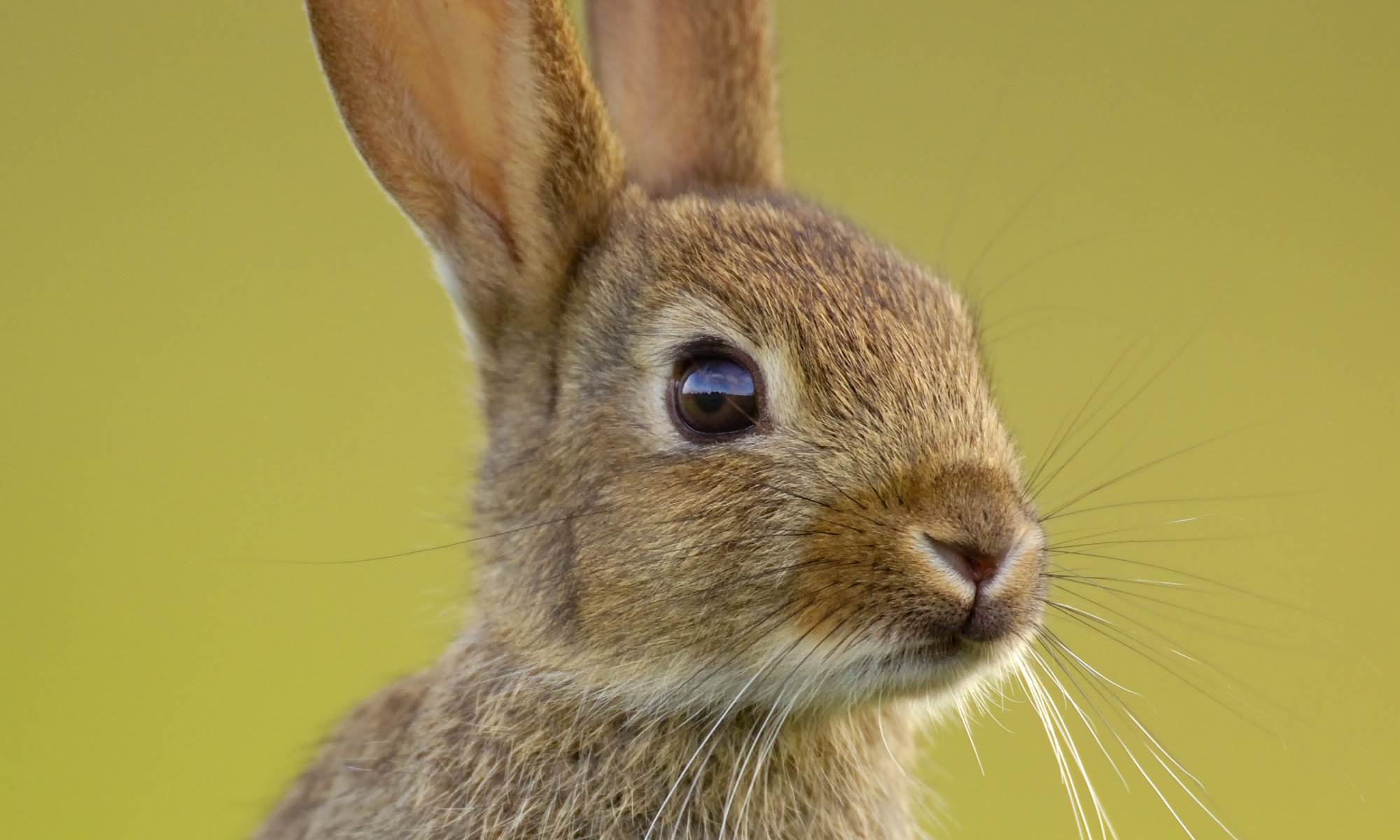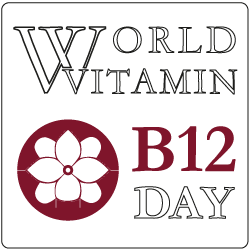B12: THE COMPASSION VITAMIN
Although the idea of living without harming animals has existed for thousands of years, it has been technically possible only since 12 December 1947, the date on which the first crystals of vitamin B12 [1], and their bacterial origin, were discovered. It is the only essential nutrient that cannot be obtained by consuming plants.
No animal can synthesize vitamin B12 since none possesses the necessary genetic information. Bacteria (and archaea – microorganisms similar to bacteria in size and simplicity of structure but radically different in molecular organization) produce this nutrient for the entire food chain [2]. The microorganisms that can synthesize vitamin B12 are not very productive in the natural environment, which is not very favourable. The forest floor is extremely poor in B12 for example, reservoirs and the oceans even more so [3].
In order to concentrate vitamin B12 in sufficient quantities, the digestive systems of some animals make use of bacterial symbiosis in foregut or hindgut fermentation organs, but this does not apply to humans [4].
Meeting our requirements relied for a long time on consuming symbiotic animals (or their predators), such as slugs and snails, worms and larvae, insects and shellfish, or any easily-caught animal. As humans have no fangs, claws nor the other physical attributes of wild predators, they probably had to wait until they had invented trapping, hunting and fishing before being able to consume large animals. Starting about 10,000 years ago a new invention, animal farming, gradually replaced some of these techniques. In order to meet their vitamin B12 requirements humans were therefore dependent on finding small animals, then on hunting and finally on animal farming.
The discovery of ways of cultivating bacterial vitamin B12 has technically freed humans from this initial state. From now on we can live without using animals. Veganism is a consumer action that leads to fewer living organisms being killed, because it short-circuits animal intermediaries. Anyone can adopt veganism overnight. In order to kill less, vegans break the food chain by going straight to the original source of vitamin B12: microorganisms. It is also the only way of guaranteeing that they are not taking part in the suffering that can be caused by raising and exploiting animals.
Anyone who is vegan or has strongly reduced the variety of animal products they consume and the frequency with which they consume them must take a vitamin B12 supplement or consume a sufficient amount of fortified foods. If they don’t, lack of vitamin B12 may damage their blood, their nervous system (both central and peripheral) and their DNA. Being even more susceptible than adults, children must be especially protected. The reference document, published by the international vegan scientific community and adopted by all the leading vegan organizations in the world, is What every vegan should know about vitamin B12 [5]. All vegans should take a supplement by consuming:
- 1 µg (microgram) three times a day;
- or 10 µg once a day;
- or 2,000 µg once a week;
- or 5,000 µg once every two weeks.
Each of these solutions offers exactly the same guarantee of meeting the daily requirements of adults. Divide by four for infants from weaning (6 months) up to 24 months. Divide by two only for children aged from 2 to 12 years. After that doses are the same as for adults. Be careful to crush the tablets to powder in order to prevent children choking.
World Vitamin B12 Day celebrates the technical progress that enables humans to express their compassion.
———
NOTES
[1] “On December 11-12, 1947, Rickes, for the first time, obtained red crystals from a water solution of a grisein fermentation extract upon the addition of acetone thereto.” (United States District Court, D. New Jersey.·273 F. Supp. 68 (D.N.J. 1967) MERCK CO. v. CHASE CHEMICAL COMPANY)
[2] Rodionov DAI, Vitreschak AG, Mironov AA, Gelfand MS, Comparative genomics of the vitamin B12 metabolism and regulation in prokaryotes, Journal of Biological Chemistry, 2003 October 17; 278(42):41148-59
[3] Duda, Malinka, Pedziwilke, Relationship between the content of vitamin B12 and the number of microorganisms in soil, in Acta Microbiologica Polonica, 6, 355-365, 1957, reproduced in Schneider Z., Stroinski A., Comprehensive B12, 1987, p. 167 (forest floors), and Pommel B., Distribution et signification écologique de la vitamine B12 et de la thiamine dans trois lacs subalpins et jurassien (Distribution and ecological significance of vitamin B12 and thiamine in three subalpine and Jurassic lakes), in the Annales d’Hydrobiologie, 1975, 6 (2), 103-121, reproduced in Schneider Z., Stroinski A., Comprehensive B12, 1987, p. 171 (lake water)
[4] Most vitamin B12 is degraded as it passes through the digestive system (Allen RH, Stabler SP. Identification and quantitation of cobalamin and cobalamin analogues in human feces, American Journal of Clinical Nutrition 2008; 87(5):1324-35), whilst studies on raw-foodism have systematically revealed lacks in Finland, the United States and Germany.
[5] What every vegan should know about vitamin B12.
———-
Translation: very many thanks to Patricia Fairey. <3
Illustration: Rabbits make their own vitamin B12 supplements in a way, since they practise cæcotrophy (the reingestion of food pellets naturally produced by means of digestion, retention in the caecum and expulsion through the anus). © Andrew Parkinson

